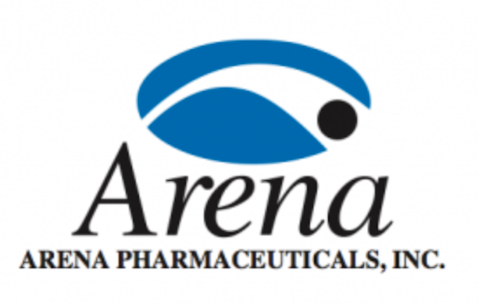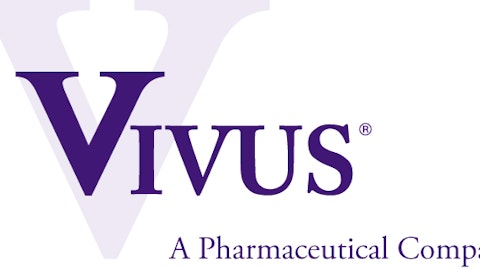How much is one word worth?
If that word is “disease,” it could be billions of dollars. The American Medical Association, or AMA, recently decided to categorize obesity as a disease. Almost 37% of adults in the U.S. and around 17% of children are obese, prompting many to refer to the condition as an epidemic.
If obesity gains acceptance as a disease, it could open the doors for significant new spending on treatments. Is a payday on the way for some companies helping to fight America’s new epidemic disease?
Echo effect
Before we get ahead of ourselves, keep in mind that the AMA’s decision doesn’t mean much on its own. No insurance company or governmental agency is obligated to begin paying for additional treatments just because the AMA now calls obesity a disease.
However, as the largest organization in the nation representing physicians, the AMA carries considerable weight (no pun intended). Already, other influential parties are echoing the decision made by the AMA.
For example, Sens. Tom Carper and Lisa Murkowski and Reps. Bill Cassidy and Ron Kind jointly wrote an op-ed piece in the New York Times commending the AMA’s action. The legislators have introduced a bill in both chambers of Congress to allow Medicare to reimburse for obesity drugs and promote intensive behavioral counseling for obesity. This bill is bipartisan. Carper and Cassidy are Democrats, while Murkowski and Kind are Republicans.
Money on the way?
The AMA’s move could kick off a change in the way insurance companies reimburse for obesity treatments. If that happens, it should particularly benefit pharmaceutical companies that make FDA-approved weight-loss drugs.
How did Wall Street react to the potential good news for these companies? Arena Pharmaceuticals, Inc. (NASDAQ:ARNA)’s shares climbed 7% since the AMA decision. However, VIVUS, Inc. (NASDAQ:VVUS)’ stock is down by nearly the same percentage. It’s not that the classification of obesity as a disease is a bad thing for VIVUS, Inc. (NASDAQ:VVUS). Investors are probably more concerned about the impact of head-to-head competition with Arena Pharmaceuticals, Inc. (NASDAQ:ARNA)’s Belviq.
The check’s not in the mail
It stands to reason that if insurance companies are pressured to pay out more money for obesity treatments, their profits could suffer.
That could be, but bigger insurance reimbursement checks aren’t in the mail yet.
However, the biggest health insurer, UnitedHealth Group Inc. (NYSE:UNH), doesn’t cover obesity drugs as of yet. The company provides reimbursement for bariatric surgery in some cases but excludes coverage for prescription drugs or any other weight-loss medications.
Although covering more obesity treatments such as weight-loss drugs could cause insurers to feel a financial pinch at first, the companies could actually save money over the longer horizon. Mike Thompson, a principal with PwC’s global human resources practice, said that over time insurers could see a positive impact as a result of lower overall health-care costs associated with reducing obesity.
Payday someday
Not everyone agrees with the AMA’s decision to use the word “disease” in describing obesity. The group’s own Council on Science and Public Health even stated that labeling obesity as a disease could “improve health outcomes for some individuals, but may worsen outcomes for others.”
Concerns have also been raised about the use of BMI as the benchmark for determining who is obese and who isn’t. Atlantic health correspondent Dr. Richard Gunderman notes that athletes often have high BMIs but are in great shape. Gunderman observed that even Dwayne “The Rock” Johnson would be considered obese on the AMA’s BMI scale.
The article Payday on the Way for America’s New Epidemic Disease? originally appeared on Fool.com is written by Keith Speights.
Fool contributor Keith Speights has no position in any stocks mentioned. The Motley Fool recommends UnitedHealth Group.
Copyright © 1995 – 2013 The Motley Fool, LLC. All rights reserved. The Motley Fool has a disclosure policy.




